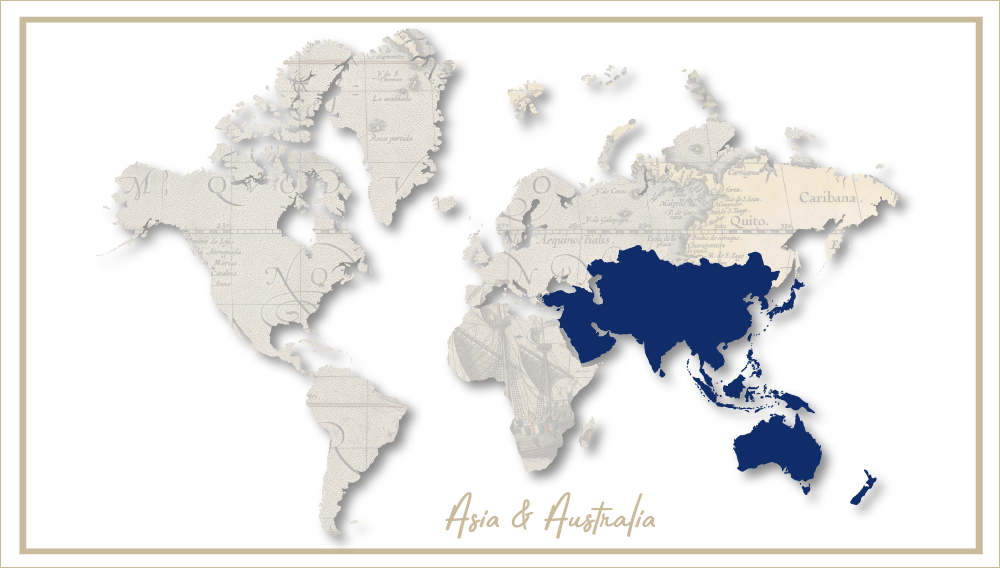AB-InBev re-enters market
Those who thought that private equity firms are only good at milking assets need to think again. The private equity outfit KKR, which bought the Oriental Brewery in 2009 from AB-InBev for USD 1.8 billion including debt, recently re-sold it to AB-InBev for USD 5.8 billion. That’s three times the original transaction price. Not bad, eh?
The deal, announced in January 2014, values Oriental at 11.6 times EBITDA. When AB-InBev sold it to KKR Oriental was only worth 8.6 times EBITDA.
Admittedly, 2009 was a bad year for deals. The markets were in the throes of the financial crisis and AB-InBev was desperate to raise cash in order to finance its takeover of Anheuser-Busch in the United States.
Still, you have to give it to KKR that in the course of the past five years they beat AB-InBev in what the Brazilians claim to be best in class: cutting costs and raising profits.
In 2009, Oriental’s EBITDA was USD 209 million. Last year it had risen to about USD 500 million. What is more, under KKR’s ownership, Oriental’s market share has increased from 40 percent to 60 percent, in spite of heavy regulation, price controls and stiff taxes in South Korea, media say.
South Korea’s beer market, of which Oriental Brewery and domestic rival Hite Brewery control over 90 percent, is expected to grow by more than 13 per cent in total in the decade to 2022. Beer volumes rose at an annual rate of approximately 2 percent between 2009 and 2012.
Given those prospects, it’s only logical AB-InBev wanted Oriental back. The original deal gave them the right to re-acquire it within five years. Perhaps AB-InBev never really let go of Oriental because, in retrospect, what they did in effect was to take Oriental to a pawn shop, while agreeing to a staggering interest rate in the event of redemption.
Although, to outsiders, the whole affair is made appear like a win-win situation too good to be true, The Economist newspaper, when commenting on the transaction, griped: “Sell assets, win bonuses. Buy them back, keep bonuses. Nice work.”
The Economist wrote in January 2014: “The sale [of Oriental] helped AB-InBev hit financial targets which unlocked USD 2.5 billion of bonuses for its executives, including USD 289 million for its boss, Carlos Brito. Although the sale may now be reversed, it appears that the bonuses will not. […] Part of the reason the bosses’ bonuses are so huge is that AB-InBev’s stock has increased nearly six-fold since the merger. Shareholders can hardly complain about that. Bosses were only this month able to cash in half the stock options; they will have to stay at the firm until at least 2019 to get the rest.”
Indeed, who can complain about this?
Authors
Ina Verstl
Source
BRAUWELT International 2014

